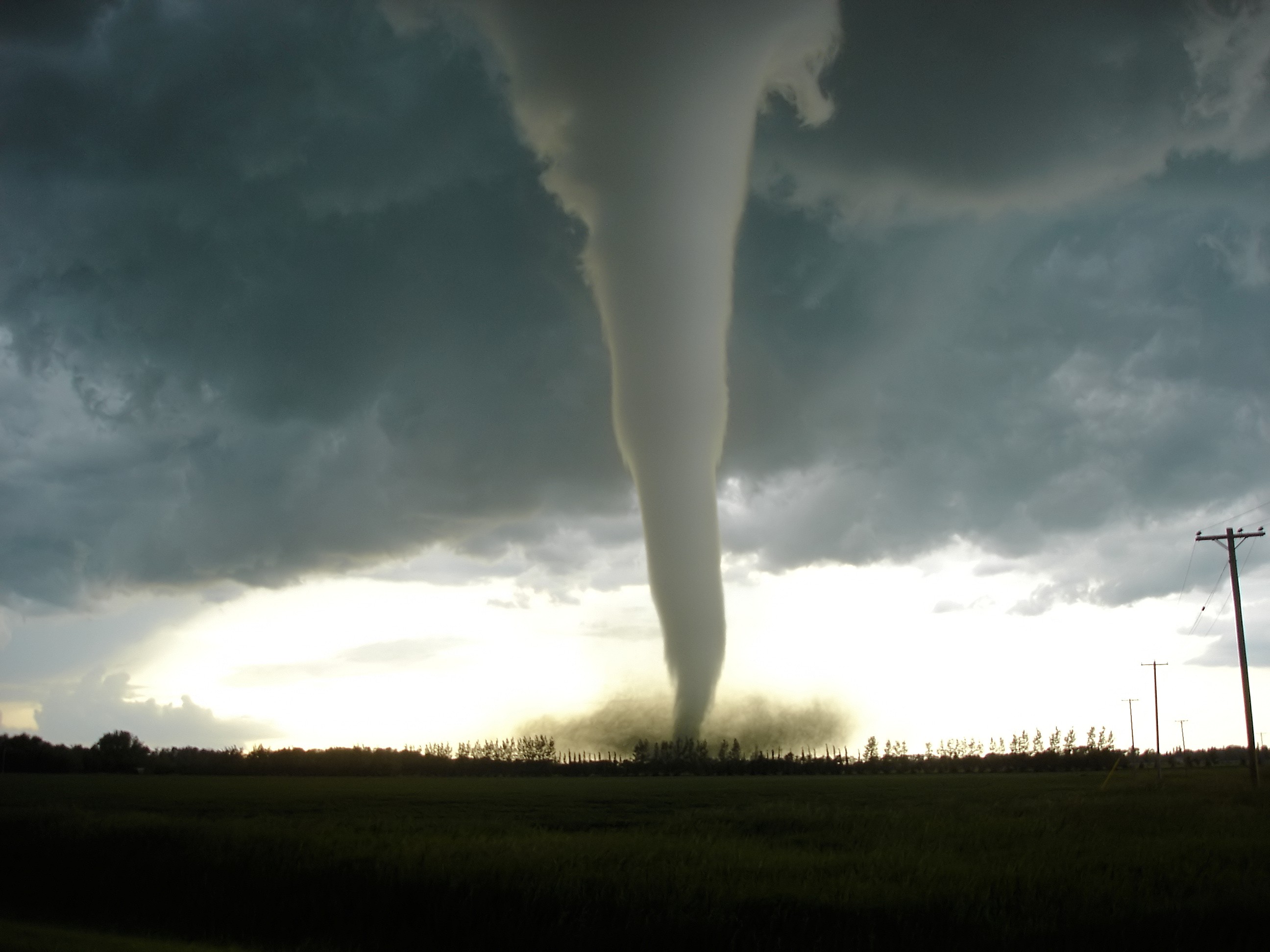
Did AGW increase the odds of that extreme weather yesterday?
- Well, it is more likely than it decreased the odds.
All weather will be influenced by the background changes in climate. Climate change (and AGW) will increase the odds of some types of extreme events and decrease the odds of other types of events. For some types of events the change may be non-detectable, but that is not the same as climate change not having an influenced. So, the odds of some events have increased and the odds of others have decreased.
There is a “sampling bias” towards observing the events where the odds have increased. It is simply more likely to observe events where the odds have increased.
Note: What we usually characterize as “extreme” is something with has been rare historically.
A No-change null hypothesis.
As it is clear that all weather must be influenced to some degree by climate change then I would argue that there not much point in a no-change null-hypothesis. Instead I would recommend trying to make a best estimate of the change with a confidence interval.
Finally here’s a quote from Andrew Gelman about interrogating p-values:
I have no expertise on drugs, surgery, or human factors design and so cannot address these particular examples—but, speaking in general terms, I think Francis is getting things backward here. When making a decision, I think it is necessary to consider effect sizes (not merely the possible existence of a nonzero effect) as well as costs. Here I speak not of the cost of hypothetical false positives or false negatives but of the direct costs and benefits of the decision. An observed difference can be relevant to a decision whether or not that difference is statistically significant.
Some of my work explaining tendencies in extreme hurricane surges.